Pathogens, Free Full-Text
Por um escritor misterioso
Last updated 07 novembro 2024
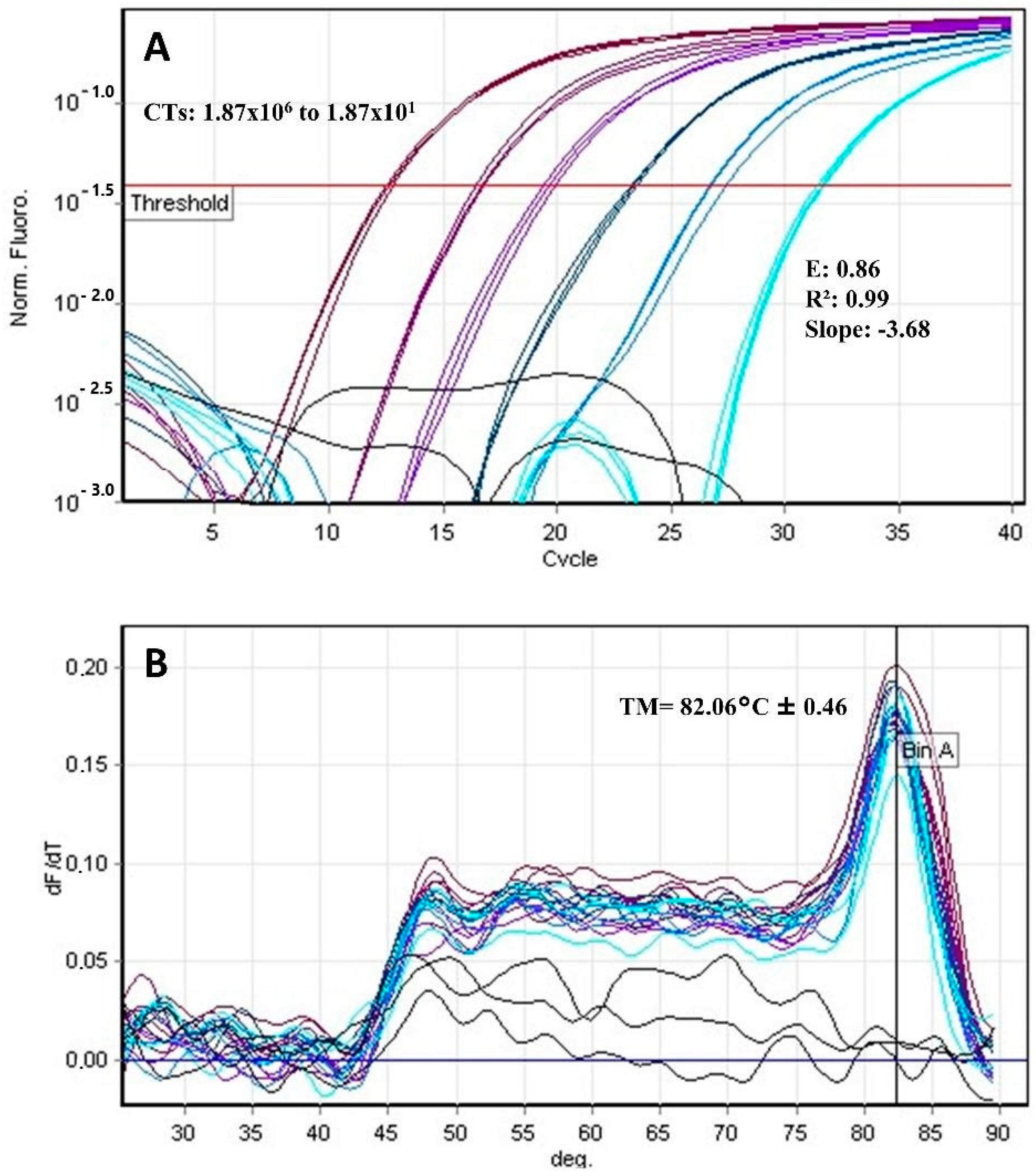
In Brazil, blood donation is regulated by the Brazilian Ministry of Health, and all States follow the same protocol for clinical and laboratory screening. Brazil is an endemic country for Chagas disease (CD), caused by Trypanosoma cruzi, and for leishmaniasis, caused by a species of Leishmania spp. Screening for leishmaniosis is not routinely performed by blood banks. Given the antigenic similarity between T. cruzi and Leishmania spp., cross-reactions in serological tests can occur, and inconclusive results for CD have been found. The objective of this study was to apply molecular techniques, e.g., nPCR, PCR, and qPCR, to clarify cases of blood donation candidates with non-negative serology for CD and to analyze the difference between the melting temperature during real-time PCR using SYBR Green. Thirty-seven cases that showed non-negative results for CD using chemiluminescent microparticle immunoassay (CMIA) tests from blood banks in Campo Grande, MS, and Campinas, SP, were analyzed. In the serum samples, 35 samples were evaluated by ELISA, and 24.3% (9/35) showed positive results for CD. nPCR was able to detect 12 positive results in 35 samples (34.28%). qPCR for T. cruzi was quantifiable in the samples that showed a value ≥0.002 par eq/mL (parasite equivalents per milliliter), and in 35 samples, 11 (31.42%) were positive. Of all evaluated samples using the described tests (CMIA, ELISA, nPCR, and qPCR), 18 (48.6%) were positive for CD. For MCA by qPCR, the melting temperature was 82.06 °C ± 0.46 for T. cruzi and 81.9 °C ± 0.24 for Leishmania infantum. The Mann–Whitney test showed a significant value of p < 0.0001. However, the differentiation between T. cruzi and L. infantum could not be considered due to temperature overlap. For leishmaniasis, of the 35 samples with non-negative serology for CD tested by the indirect fluorescent antibody test (IFAT), only one sample (2.85%) was positive (1:80). The PCR for Leishmania spp. was performed on 36 blood samples from donation candidates, and all were negative. qPCR for L. infantum showed 37 negative results for the 37 analyzed samples. The data presented here show the importance of performing two different tests in CD screening at blood banks. Molecular tests should be used for confirmation, thereby improving the blood donation system.

Impedance-Based Detection of Bacteria
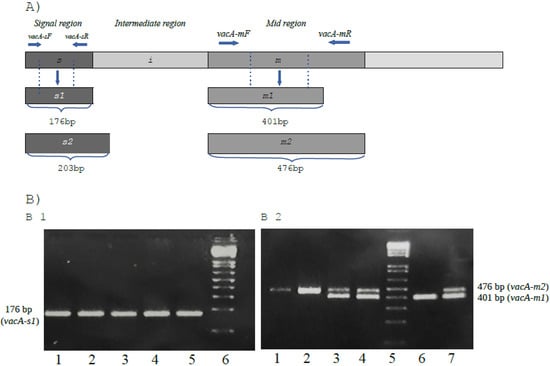
Parasitologia E Micologia Humana Download - Colaboratory

What Is Bacteria? Good vs. Bad, Benefits, and Common Types

The Disease Triangle: Fundamental Concept for Disease Management - Nursery and Flower Grower - ANR Blogs

PDF) Detection and characterization of zoonotic pathogens of free-ranging non-human primates from Zambia.
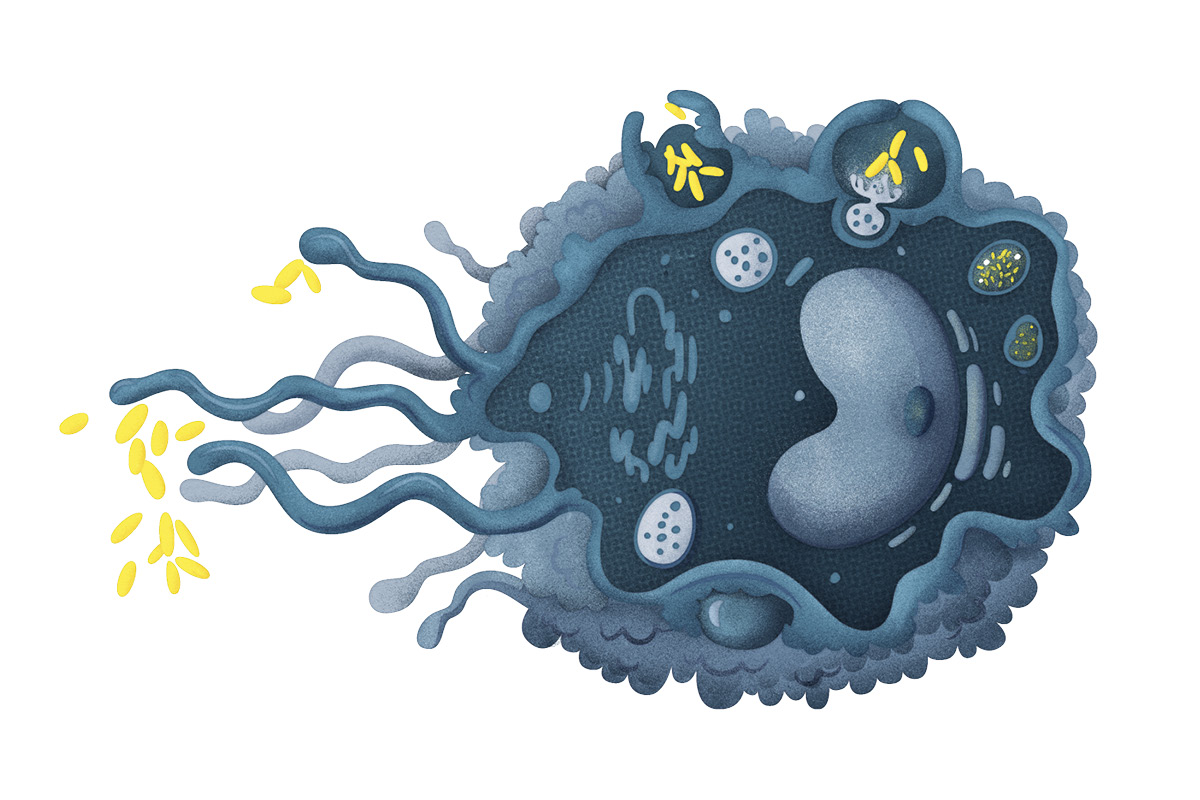
Macrophages: What are they and how do they kill bacteria? - BBC Science Focus Magazine

Pathogens, Free Full-Text
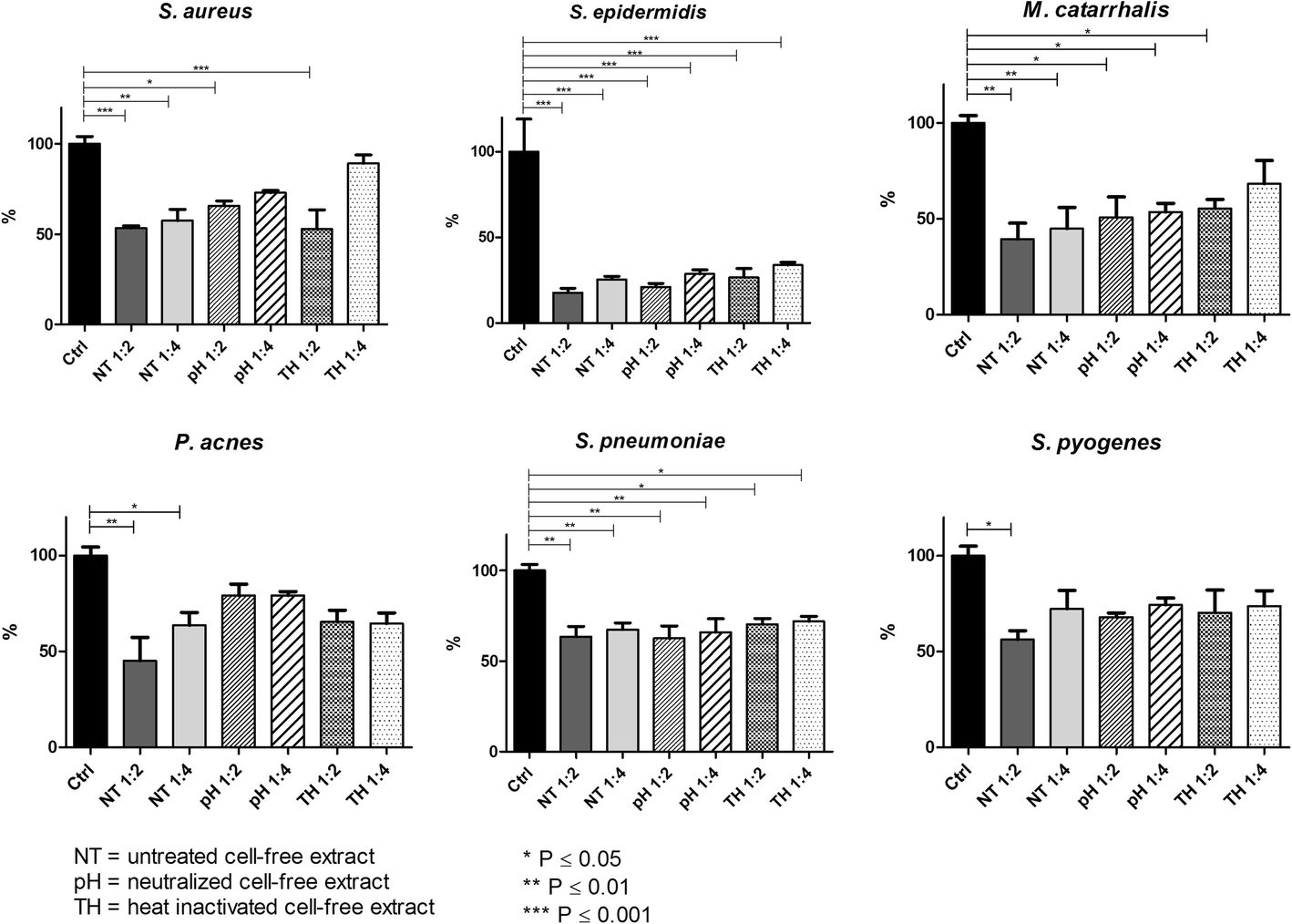
Probiotics Streptococcus salivarius 24SMB and Streptococcus oralis 89a interfere with biofilm formation of pathogens of the upper respiratory tract, BMC Infectious Diseases

An Immunomodulatory Molecule of Symbiotic Bacteria Directs Maturation of the Host Immune System: Cell
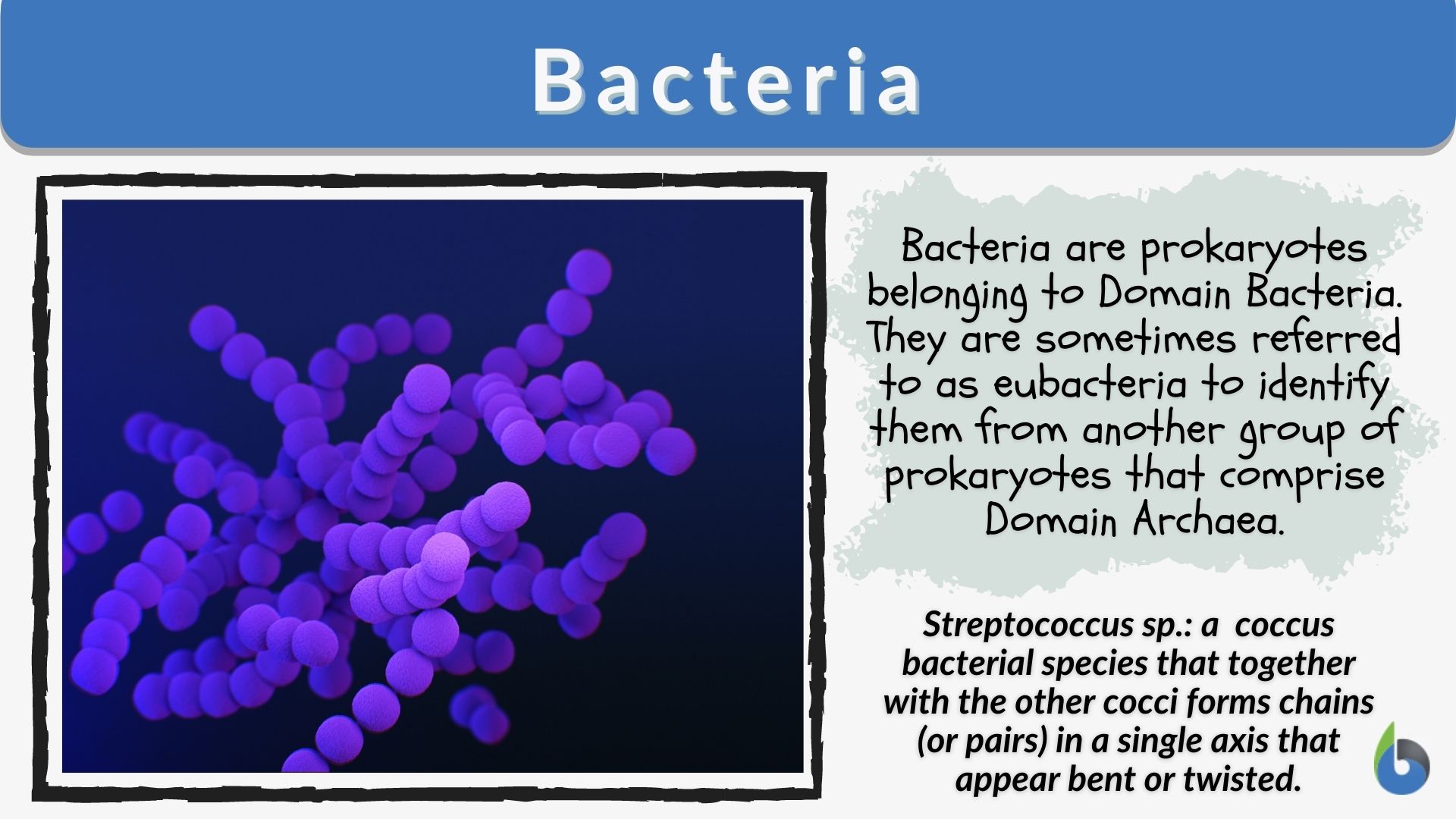
Bacteria - Definition and Examples - Biology Online Dictionary
Recomendado para você
-
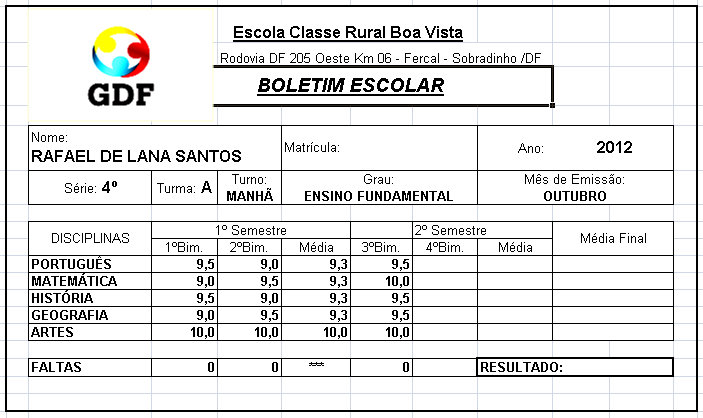 Ensinando e Amando : Boletim Escolar07 novembro 2024
Ensinando e Amando : Boletim Escolar07 novembro 2024 -
Boletim OBJO - Ordem - Federação Ornitológica do Brasil07 novembro 2024
-
 Interpretação do Boletim07 novembro 2024
Interpretação do Boletim07 novembro 2024 -
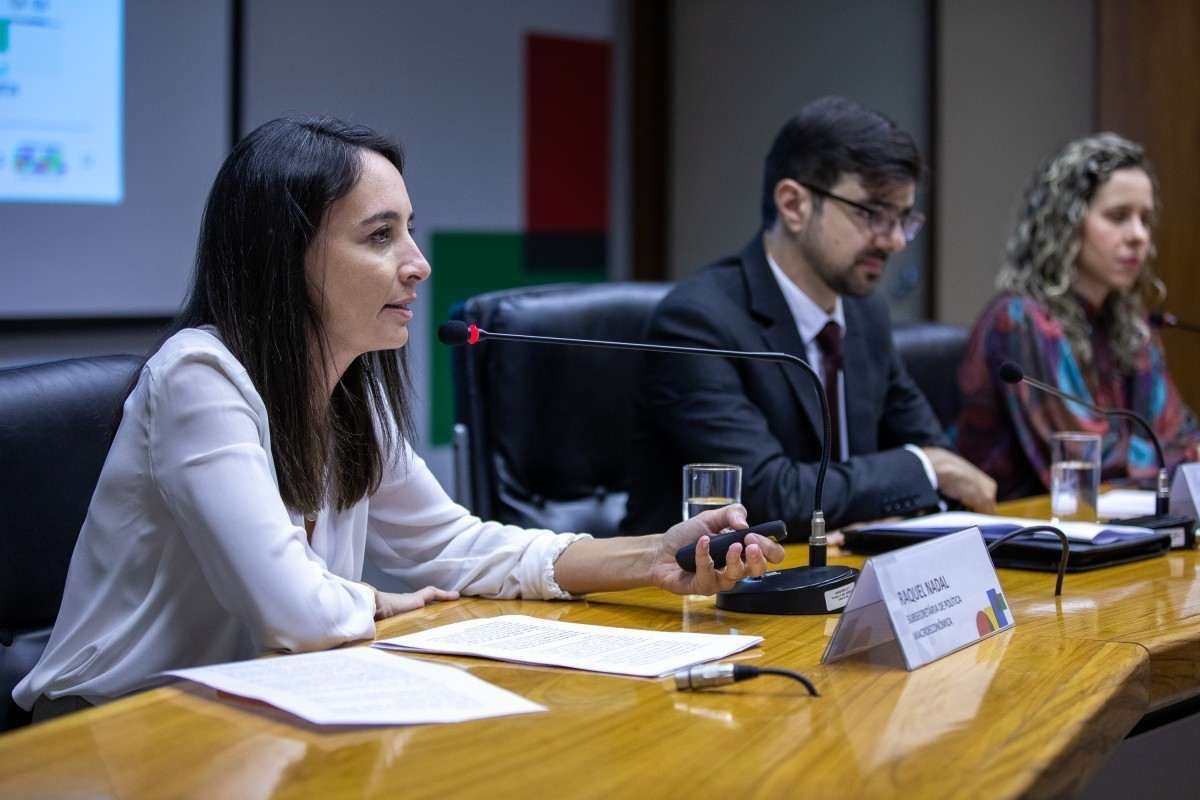 Governo mantém IPCA e projeta crescimento maior do PIB para 202307 novembro 2024
Governo mantém IPCA e projeta crescimento maior do PIB para 202307 novembro 2024 -
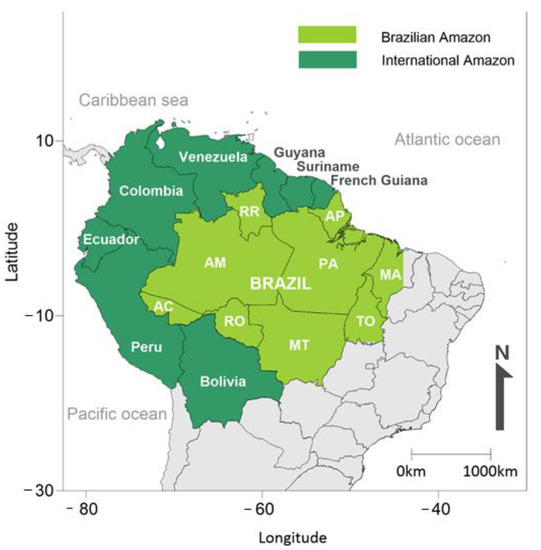 Viruses, Free Full-Text07 novembro 2024
Viruses, Free Full-Text07 novembro 2024 -
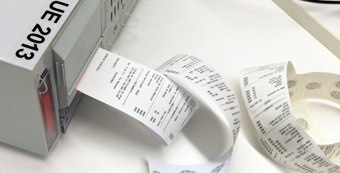 TSE disponibiliza na internet boletins de urna do primeiro turno das eleições — Tribunal Regional Eleitoral de São Paulo07 novembro 2024
TSE disponibiliza na internet boletins de urna do primeiro turno das eleições — Tribunal Regional Eleitoral de São Paulo07 novembro 2024 -
 Everton, ex-atacante de São Paulo e Flamengo, é acusado de importunação sexual - Portal MF07 novembro 2024
Everton, ex-atacante de São Paulo e Flamengo, é acusado de importunação sexual - Portal MF07 novembro 2024 -
![Genetic connectivity and population expansion inferred from multilocus analysis in Lutjanus alexandrei (Lutjanidae–Perciformes), an endemic snapper from Northeastern Brazilian coast [PeerJ]](https://dfzljdn9uc3pi.cloudfront.net/2023/15973/1/fig-2-full.png) Genetic connectivity and population expansion inferred from multilocus analysis in Lutjanus alexandrei (Lutjanidae–Perciformes), an endemic snapper from Northeastern Brazilian coast [PeerJ]07 novembro 2024
Genetic connectivity and population expansion inferred from multilocus analysis in Lutjanus alexandrei (Lutjanidae–Perciformes), an endemic snapper from Northeastern Brazilian coast [PeerJ]07 novembro 2024 -
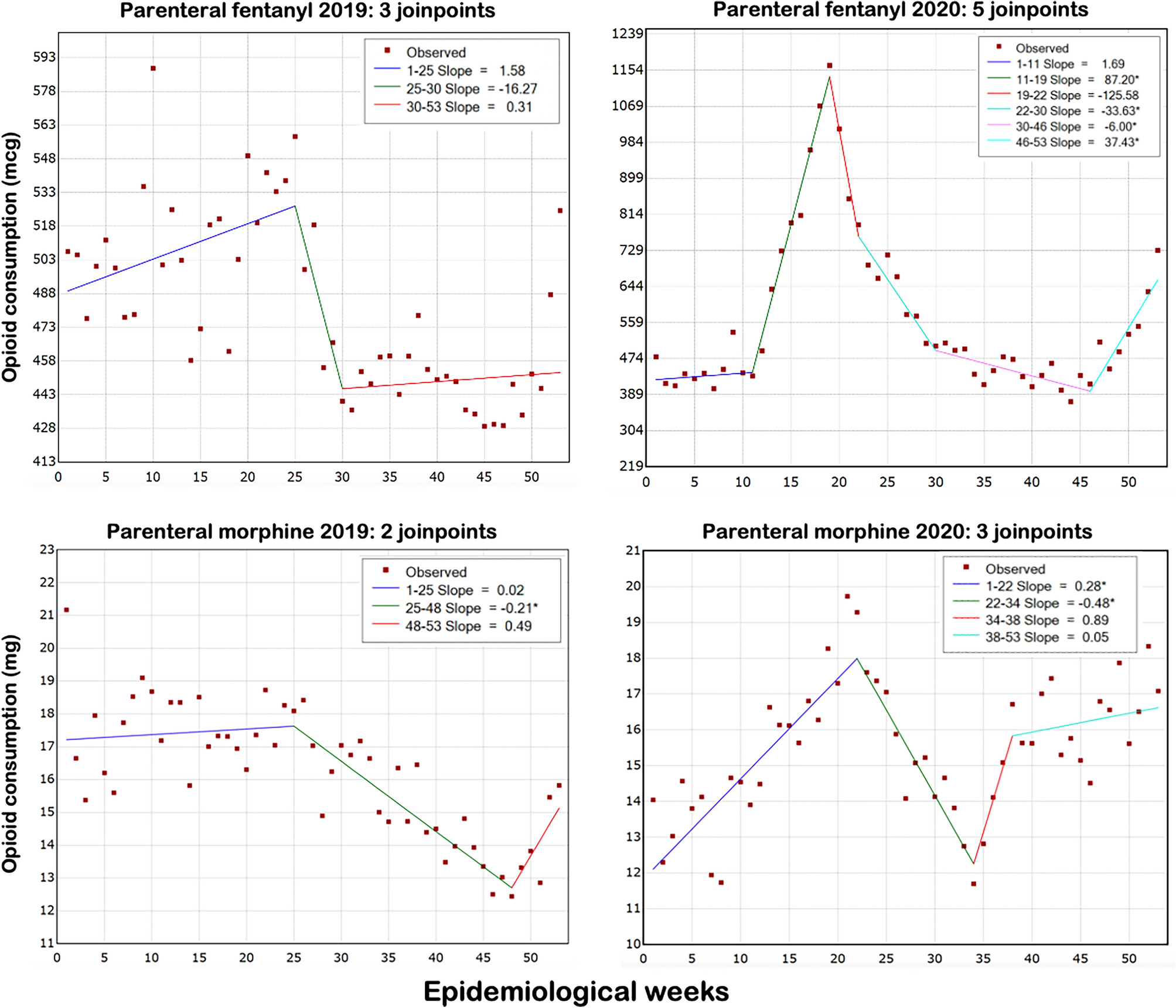 Shift in hospital opioid use during the COVID-19 pandemic in Brazil: a time-series analysis of one million prescriptions07 novembro 2024
Shift in hospital opioid use during the COVID-19 pandemic in Brazil: a time-series analysis of one million prescriptions07 novembro 2024 -
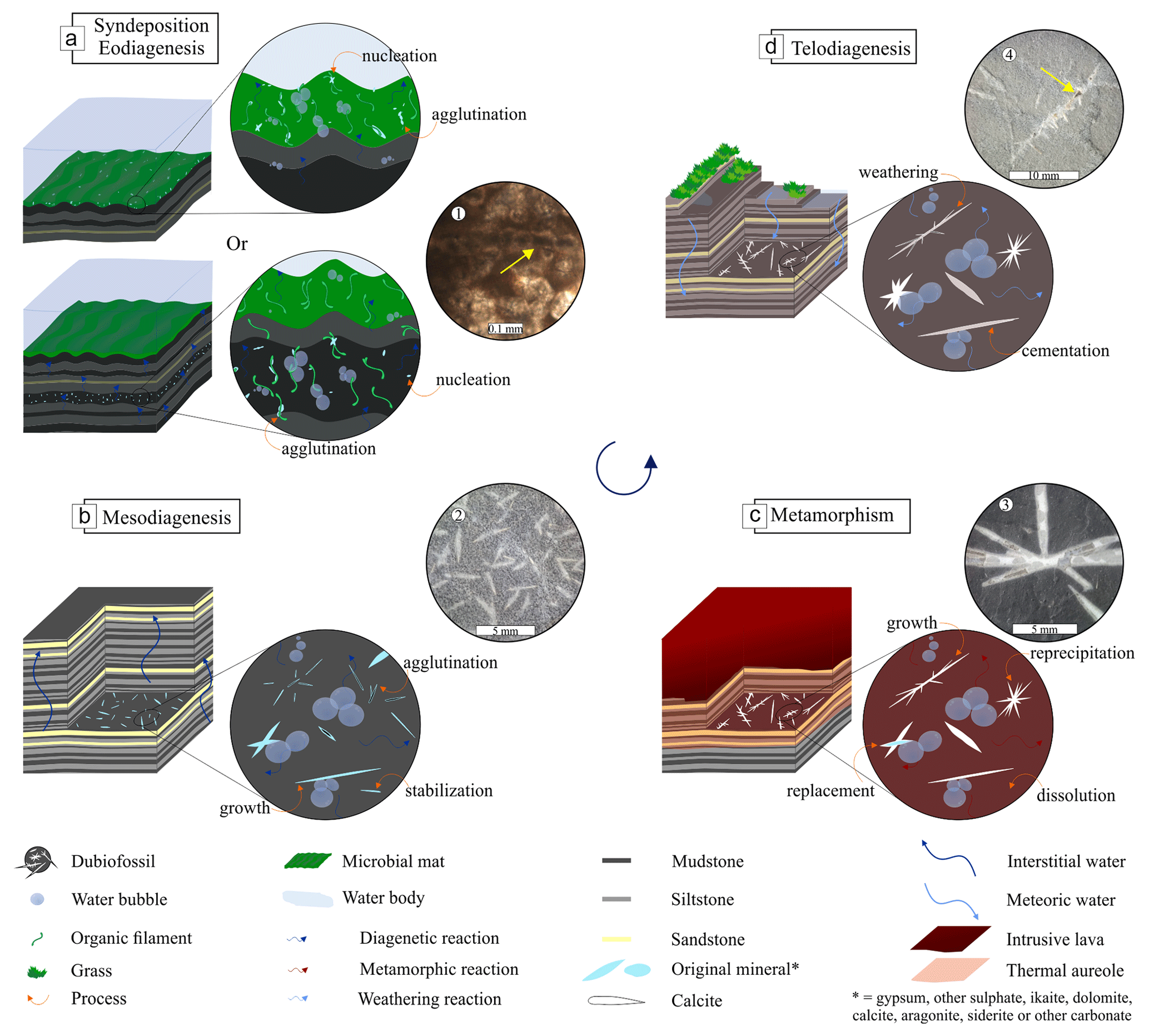 BG - Deciphering the origin of dubiofossils from the Pennsylvanian of the Paraná Basin, Brazil07 novembro 2024
BG - Deciphering the origin of dubiofossils from the Pennsylvanian of the Paraná Basin, Brazil07 novembro 2024
você pode gostar
-
 Naruto Shippuden Mugen New 202107 novembro 2024
Naruto Shippuden Mugen New 202107 novembro 2024 -
 Roblox John doe07 novembro 2024
Roblox John doe07 novembro 2024 -
 Warrior Cats: Scourge and Tiny Kids T-Shirt for Sale by catdoq07 novembro 2024
Warrior Cats: Scourge and Tiny Kids T-Shirt for Sale by catdoq07 novembro 2024 -
 5 Things to Know About Brookhaven, Georgia - Atlanta Parent07 novembro 2024
5 Things to Know About Brookhaven, Georgia - Atlanta Parent07 novembro 2024 -
 Trailer, requisitos e informações de pré carregamento de Call of Duty: Modern Warfare II para PC — Call of Duty: Modern Warfare II — Notícias da Blizzard07 novembro 2024
Trailer, requisitos e informações de pré carregamento de Call of Duty: Modern Warfare II para PC — Call of Duty: Modern Warfare II — Notícias da Blizzard07 novembro 2024 -
 Good Girl Blush 100ml Body Lotion07 novembro 2024
Good Girl Blush 100ml Body Lotion07 novembro 2024 -
 Kirby and the Forgotten Land - Review - NookGaming07 novembro 2024
Kirby and the Forgotten Land - Review - NookGaming07 novembro 2024 -
What are the famous Celtic Warriors? - Quora07 novembro 2024
-
 Netflix: séries e filmes brasileiros que chegam ao streaming em 202207 novembro 2024
Netflix: séries e filmes brasileiros que chegam ao streaming em 202207 novembro 2024 -
 Intense AtomicFireballs Candy - Sweet and Spicy - Fiery - Bold 507 novembro 2024
Intense AtomicFireballs Candy - Sweet and Spicy - Fiery - Bold 507 novembro 2024
